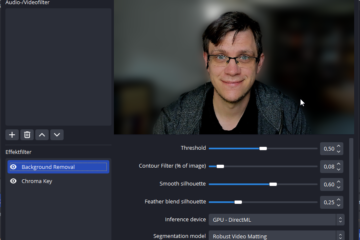Agile
Agile Lightsaber Choreography – what people get wrong about agile
While preparing the lightsaber stage-fighting choreography for our upcoming musical, I couldn’t help but notice that how we approach this challenge is very similar to how I approach challenges at work in an agile way – and it highlights what people often get wrong about solving challenges in an agile way









